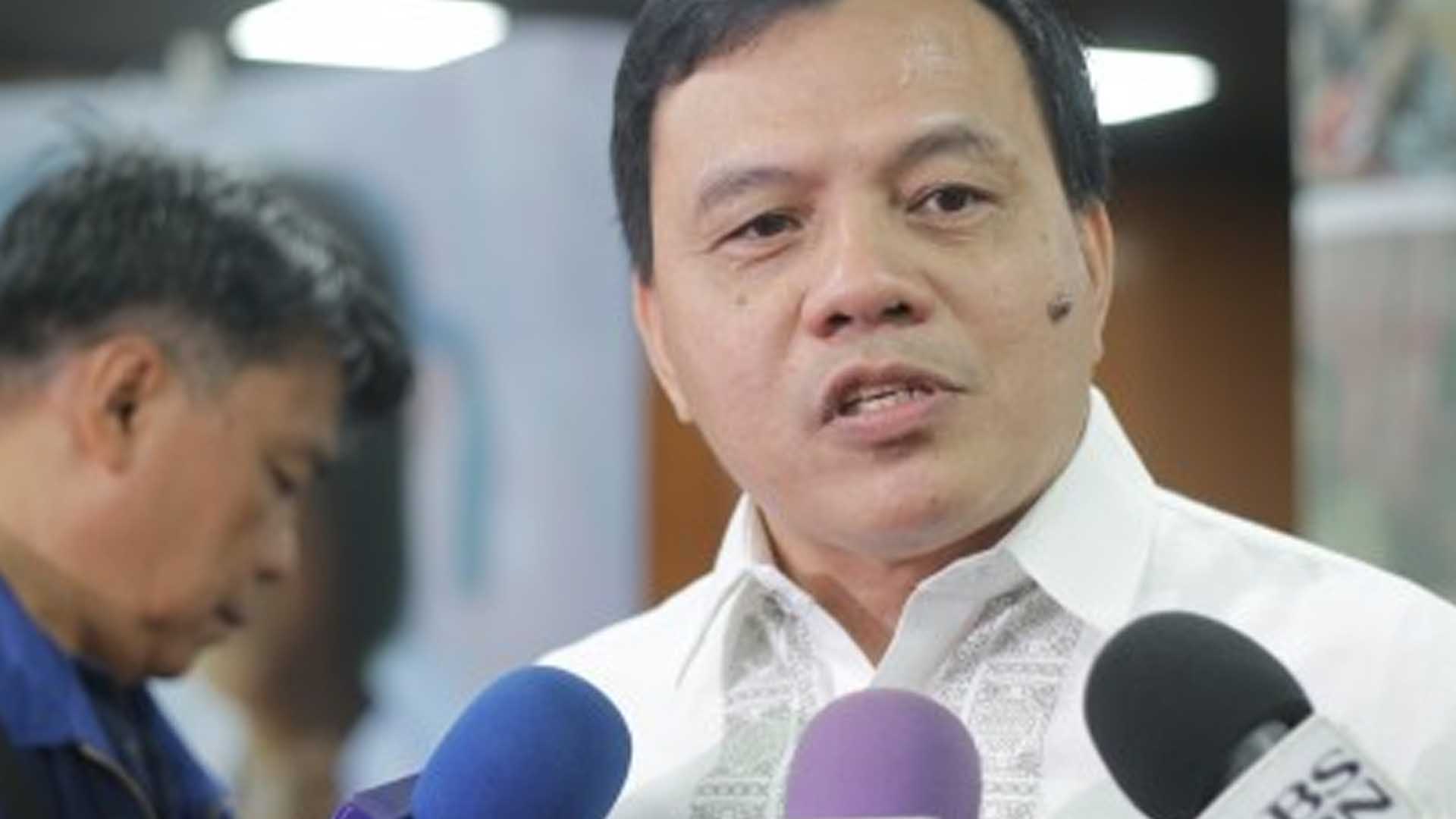The Department of Social Welfare and Development (DSWD) is currently devising its approach to the shift from cash to rice allocation for its 4.4 million Pantawid Pamilyang Pilipino Program (4Ps) beneficiaries.
DSWD Undersecretary for Special Concerns Camilo Gudmalin, said about 360,000 bags of 50 kilograms of rice will be needed per month for distribution to the six regions that were selected for pilot-testing.
“To preclude comparison among beneficiaries, we plan to cover the whole region to these listed provinces. There are about a million 4Ps beneficiaries in these six regions. With a 90-percent compliance rate, about 360,000 bags of 50 kilograms will be needed per month,” Gudmalin said in an interview on Tuesday.
Senator Cynthia Villar, who authored the amendment of the General Appropriations Act of 2019, said the provinces which will pilot test the in-kind rice distribution are Cagayan and Isabela, Ilocos Norte, Tarlac and Nueva Ecija, Occidental and Oriental Mindoro, Iloilo, and Zamboanga del Sur.
Villar introduced the amendment as a response to the plunging farm gate prices of palay (unhusked rice).
In another interview, Villar said that the pilot testing will take place from November to December this year. It will run again next year depending on feedback and success rate.
An indicator for their success rate, Gudmalin said, is “[if there are] no grievances from the beneficiaries, and for the palay prices to go back to normal”.
He added that the beneficiaries have no qualms about the shift from cash to rice as long as “the distribution outlets are near to them”.
He said that while providing cash is obviously a better option, a more pressing matter is needed to be addressed.
“It is easy to distribute and easy to collect. In-kind distribution is difficult to distribute and time-consuming and tedious to collect. However, we need to help local palay farmers. If the government will not buy palay, the farmers will be at the mercy of rice traders,” he explained.
Villar, meanwhile, also tapped the Department of the Interior and Local Government, Department of National Defense, and the Department of Environment and Natural Resources who also have rice subsidy programs to distribute rice instead of giving cash.
The National Food Authority, in turn, will procure palay ‘directly’ from local farmers.
Data from the Philippine Statistics Authority (PSA) showed that the average farm gate price of palay has slid to its lowest in eight years.
Based on the latest weekly price monitoring report of the PSA, a kilo of palay was sold at an average of PHP15.96 during the third week of September, down 1.4 percent & 30.1 percent from week-ago and year-ago levels, respectively.
Gudmalin said the public will be informed of the Senate’s decision whether it will approve the amendment by November after its recess.
“Once the joint resolution is approved, we will launch social marketing activities through media, and FDS to inform the beneficiaries of the shift,” Gudmalin said. (PNA)






